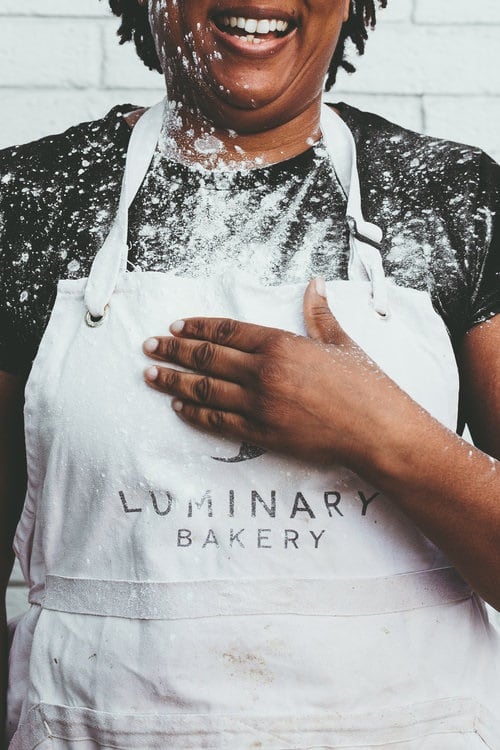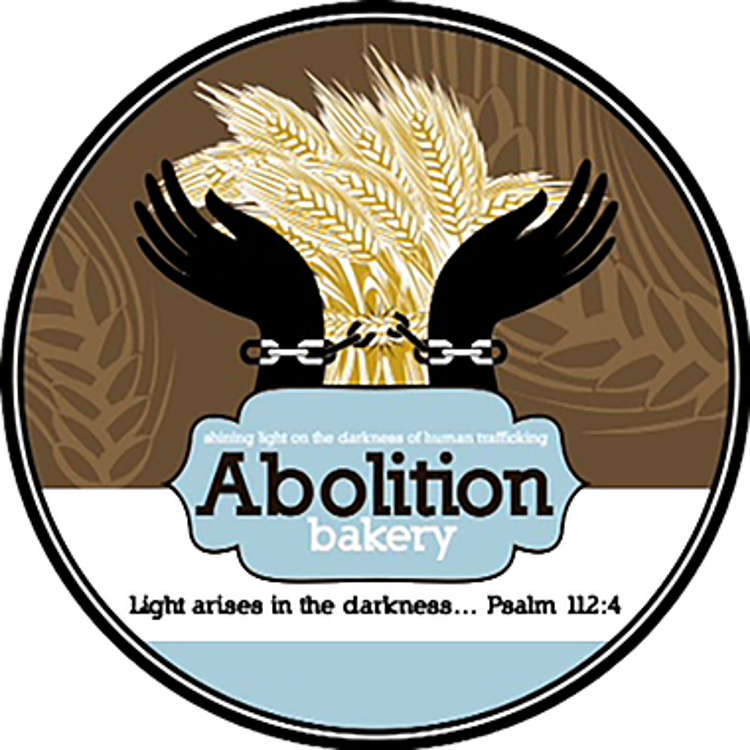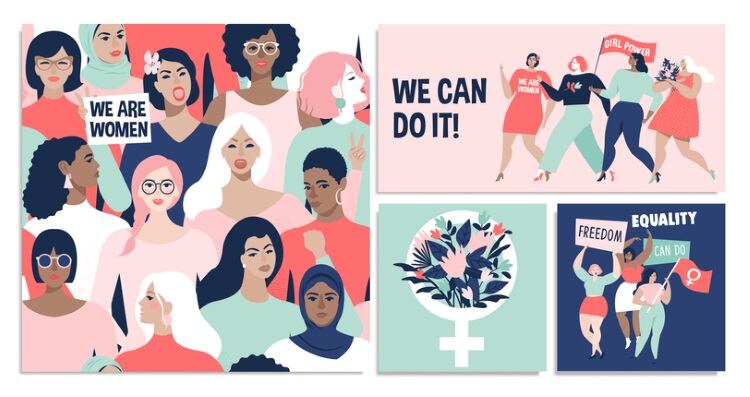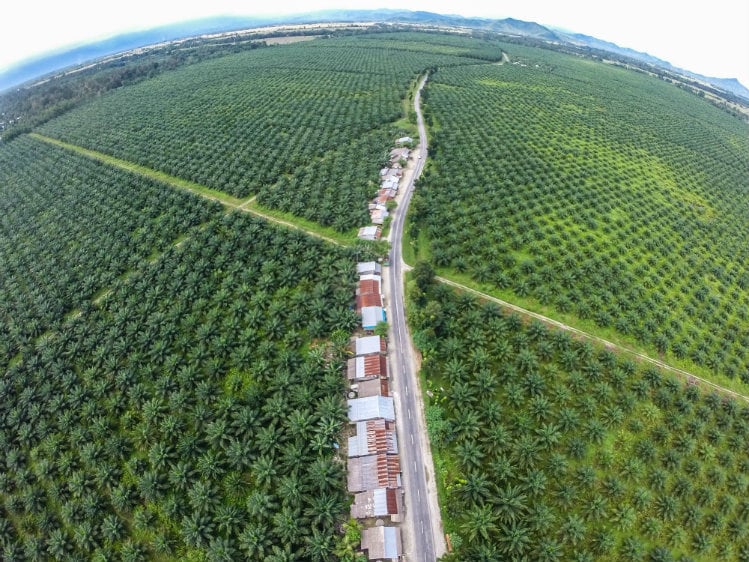
Luminary Bakery in London, UK, is a ‘sustainable’ social enterprise organization that has been much in the news lately, thanks to the praise by the Duchess of Sussex – while across the pond, Abolition Bakery in Ohio, US, is also determined to raise awareness of human trafficking.
Empowering women
Luminary Bakery – founded in 2014 by Alice Williams – helps women who have been victims of violence and sex trafficking, or who have been to prison and need to re-enter the workplace.
Millions of women around the globe experience poverty, homelessness, violence or criminal activity.
According to The World Bank, one in three women experience gender-based violence (GBV) in their lifetime, while the International Labour Organization (ILO) reported that 6.2% of women were unemployed in 2017 with over 2.7 billion of them being legally restricted from having the same choice of jobs as men.
More than a million are unemployed in the UK.
Since its launch in 2014, Luminary has supported 66 women, 69% of whom had experienced homelessness, 24% being survivors of trafficking and 26% of whom who had been through the criminal justice system. It has also assisted 10 women to start their own businesses.

The bakery provides training, employment and a supportive community for these women. A candidate is enrolled on the company’s six-month training program to learn baking skills, transferable life skills and employability skills, and is thereafter supported for the next two years to progress to sustainable employment and independence.
“Luminary is an innovative response to a need we saw for women who have experienced social and economic disadvantage… designed to offer opportunities for women to build a future for themselves. We provide a safe and professional environment where women can grow holistically – encouraging ambition, restoration and second chances,” Luminary spokesperson Kaila Johnson told BakeryandSnacks.
No wonder it was listed in the illustrious lineup of the Duchess’ favorite causes and people in the September 2019 edition of British Vogue, which she guest edited.
“When I visited the women earlier this year I was struck by how the baking, itself, is a means of therapy for these women – which in many ways makes complete sense – feeling they had no control over their lives based on their previous (and often harrowing) circumstances, they found comfort in the measured nature of baking,” she tweeted on the Sussex Royal page.
The bakery is extending its reach through a second site.
“We have partnered with investors to open another cafe and bakery, as well as a new training centre (provided by a grant funder - National Lottery). This means Luminary can triple the number of women trained per year,” said Johnson.
Why baking?
Baking is a therapeutic and creative activity, which builds self-confidence and also helps to develop other skills, such as determination, precision, timekeeping and even literacy and numeracy skills from following recipes. It’s also a trade, which can open doors into a career - Kaila Johnson
Abolish human trafficking

Human trafficking – of both women and men – is another critical scourge of modern mankind. According to the ILO, an estimated 21 million people are trafficked globally.
A report by the United Nations Office on Drugs and Crime (UNODC) revealed that 79% of human trafficking (79%) is for sexual exploitation, predominantly of women and girls; 18% is for forced labor. Shockingly, 20% of victims are children, however, that figure shoots up to 100% in some parts of West Africa.
Rita Ballenger opened Abolition Bakery, a home produced bakery in 2013, donating a share of its proceeds to organizations that serve human trafficking survivors.
“I went to culinary school, specifically for the baking track, after I retired at the age of 52,” she told BakeryandSnacks.
“[At the time,] I went to a human trafficking presentation, fully expecting to hear about human trafficking in the third world. But, I found out that it was here in the US.”

According to the Global Slavery Index, there were more than 400,000 slaves in the US in 2016 – shocking, in light of the fact that slavery was abolished on December 18, 1865 when the 13th Amendment was ratified in the US.
“I decided that I wanted to dedicate this new skill of baking to somehow help the cause.”
To date, the bakery has donated over $10,000 to organizations like the Collaborative to End Human Trafficking, International Justice Mission and Remember Nhu, which works to end child sex slavery through prevention.
The Cleveland-based bakery currently employs around two dozen volunteers to make cookies, bread, biscotti and floral cupcake bouquets to order, which are packed along with reading material on human trafficking.
“To sit at the table and work on a project together packaging cookies or decorating cookies and to know that we’re going to send out money that’s going to trickle down to the survivors, we do feel like we’re doing something and making a difference,” said Ballenger.
“In five years, I would like to see a greater volunteer base and I would like to see more funds and go to vocational training for human trafficking survivors,” she told us.
For more information on these incredible enterprises, link here for Luminary Bakery and here for Abolition Bakery.




